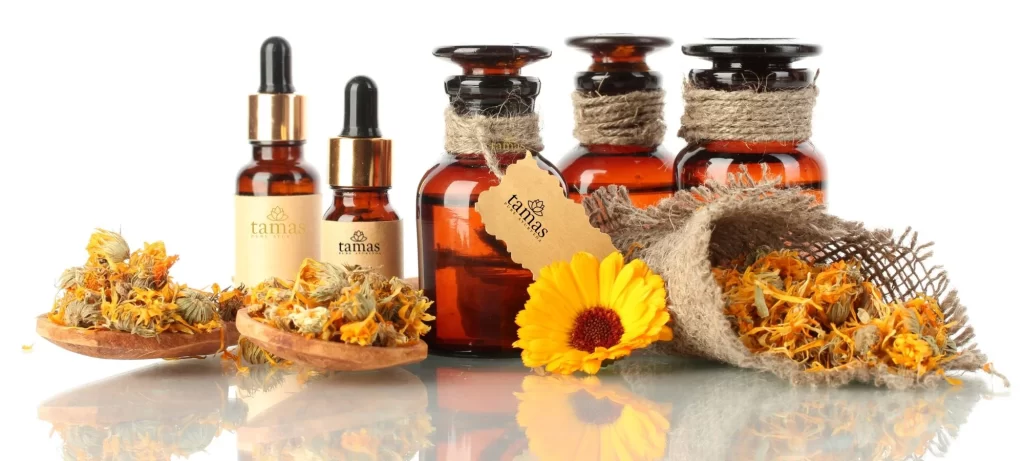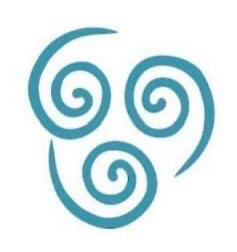What are Essential Oils?
Essential oils are concentrated plant extracts obtained through distillation or cold pressing, capturing the natural aroma and beneficial properties of the source plants. These oils are used for their therapeutic properties in aromatherapy, skincare, and holistic health practices. Each essential oil contains unique compounds that contribute to its distinct fragrance and healing benefits.
What are Essential Oils?
Essential oils are concentrated plant extracts obtained through distillation or cold pressing, capturing the natural aroma and beneficial properties of the source plants. These oils are used for their therapeutic properties in aromatherapy, skincare, and holistic health practices. Each essential oil contains unique compounds that contribute to its distinct fragrance and healing benefits.
Health Benefits of Essential Oils:
Skin Health:
Essential oils like tea tree, lavender, and frankincense can improve skin health by reducing acne, soothing irritation, and promoting wound healing.
Improved Sleep:
Oils such as lavender and cedarwood can promote better sleep by inducing relaxation and reducing insomnia.
Pain Relief:
Peppermint, eucalyptus, and ginger oils can reduce headaches, muscle pain, and joint discomfort due to their anti-inflammatory and analgesic properties.
Stress and Anxiety Relief:
Essential oils like lavender, chamomile, and frankincense are known for their calming properties, helping to reduce stress and anxiety.
Enhanced Immune Function:
Oils like tea tree, eucalyptus, and oregano have antimicrobial properties that can support the immune system and help fight infections.
Respiratory Health:
Eucalyptus and peppermint oils can help clear respiratory pathways, reduce congestion, and improve breathing.
Usage in Ancient India and Ancient Civilizations


Ancient India
In ancient India, essential oils were integral to Ayurvedic medicine, a holistic healing system that dates back over 5,000 years. Ayurvedic practitioners used essential oils for their therapeutic properties in massage, meditation, and medicinal treatments. Oils such as sandalwood, jasmine, and neem were prized for their ability to balance the body’s doshas (Vata, Pitta, and Kapha) and promote physical, emotional, and spiritual well-being.
(Did you know that there is a full chapter on essential oils as part of the Ayurvedic studies curriculum in India.)
Ancient Greece and Rome
The Greeks and Romans incorporated essential oils into their medical and wellness practices. Hippocrates, known as the father of modern medicine, advocated the use of aromatic oils for healing. The Romans used oils such as rosemary, thyme, and lavender in their baths, massages, and health regimens to promote relaxation and vitality.
Ancient Egypt
The ancient Egyptians were among the first to extensively use essential oils in their daily lives. They utilized oils such as myrrh, frankincense, and cedarwood in embalming practices, religious ceremonies, and medicinal preparations. These oils were also used in cosmetics and perfumes, highlighting their multifaceted applications.
Ancient China
In ancient China, essential oils were used in traditional Chinese medicine (TCM) for their healing properties. Oils like ginger, cinnamon, and clove were used to treat various ailments, enhance energy flow (qi), and balance the body’s yin and yang.
Essential oils have been valued for their therapeutic properties across various ancient civilizations, including India, Egypt, China, Greece, and Rome. Today, their versatility continues to benefit physical, emotional, and spiritual health, making them a valuable addition to modern holistic wellness practices.




